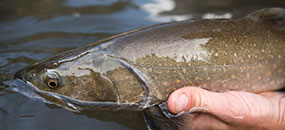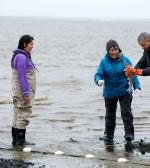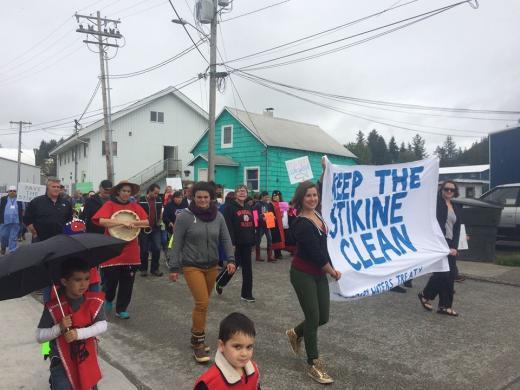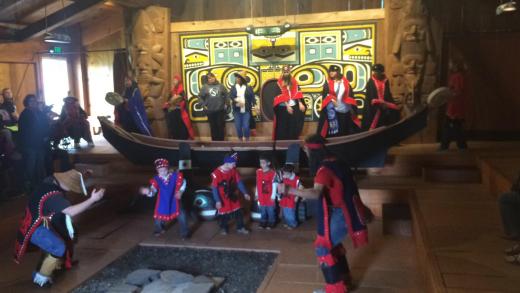By Paula Dobbyn
This week marks the one-year anniversary of the Mount Polley mine disaster in British Columbia, Canada’s worst mine-related disaster. The tailings dam breach on Aug. 4, 2014, sent some 6.6 billion gallons of mine waste water and sludge into lakes and streams leading to the Fraser River, one of Canada’s most important salmon rivers.
For many Alaskans, the tragedy highlighted faults and weaknesses in B.C.’s mine regulations and it underscored why, as the province ramps up large mine development in the transboundary region bordering Southeast Alaska, the U.S. State Department must act to enforce the Boundary Waters Treaty. That 1909 treaty stipulates that neither country can pollute the waters of the other.
Several acid-generating mines are being developed in northern B.C. near Alaska in watersheds that produce some of the state’s biggest salmon runs. Southeast Alaska’s billion-dollar fishing and tourism industries and indigenous communities are at risk. Many Alaskans, including legislators, tribes, the congressional delegation, municipalities, fishing and tourism groups, are asking for U.S. Secretary of State John Kerry to activate the International Joint Commission (IJC.) Under the Boundary Waters Treaty, the IJC is charged with resolving transboundary water disputes between the U.S. and Canada.
Wrangell, Alaska, sits at the mouth of the salmon-rich Stikine River, one of the threatened transboundary rivers. Last Sunday, some 100 people, including First Nations, demonstrated their opposition to the recent opening of the Red Chris mine (owned by the same company that operates Mount Polley) in the Stikine headwaters. They also offered a blessing ceremony for the Stikine held at the Chief Shakes Island tribal house, a ceremony that also marked the one-year anniversary of the Mount Polley disaster.
Wrangell Cooperative Association, the area’s federally recognized tribe, organized the event in partnership with Trout Unlimited and Salmon Beyond Borders. Read and listen to a public radio story about the event. Learn more about TU's transboundary rivers campaign here.
Paula Dobbyn is the communications director for TU's Alaska program. She lives and works in Anchorage.










